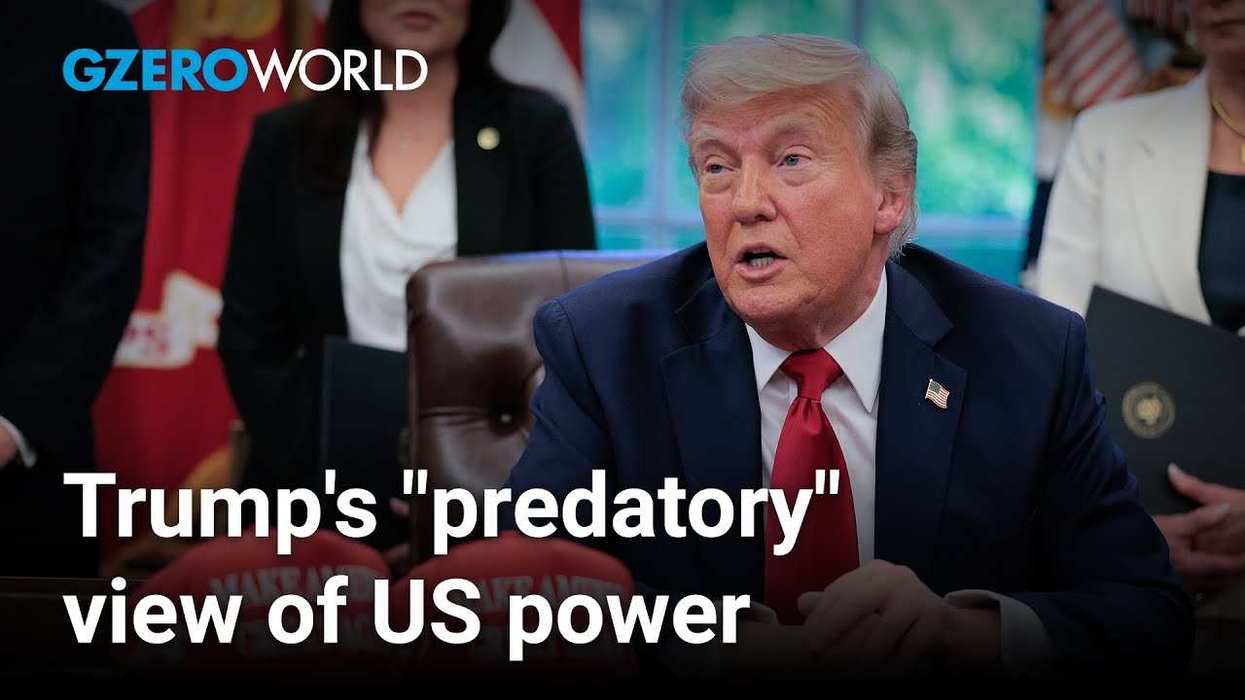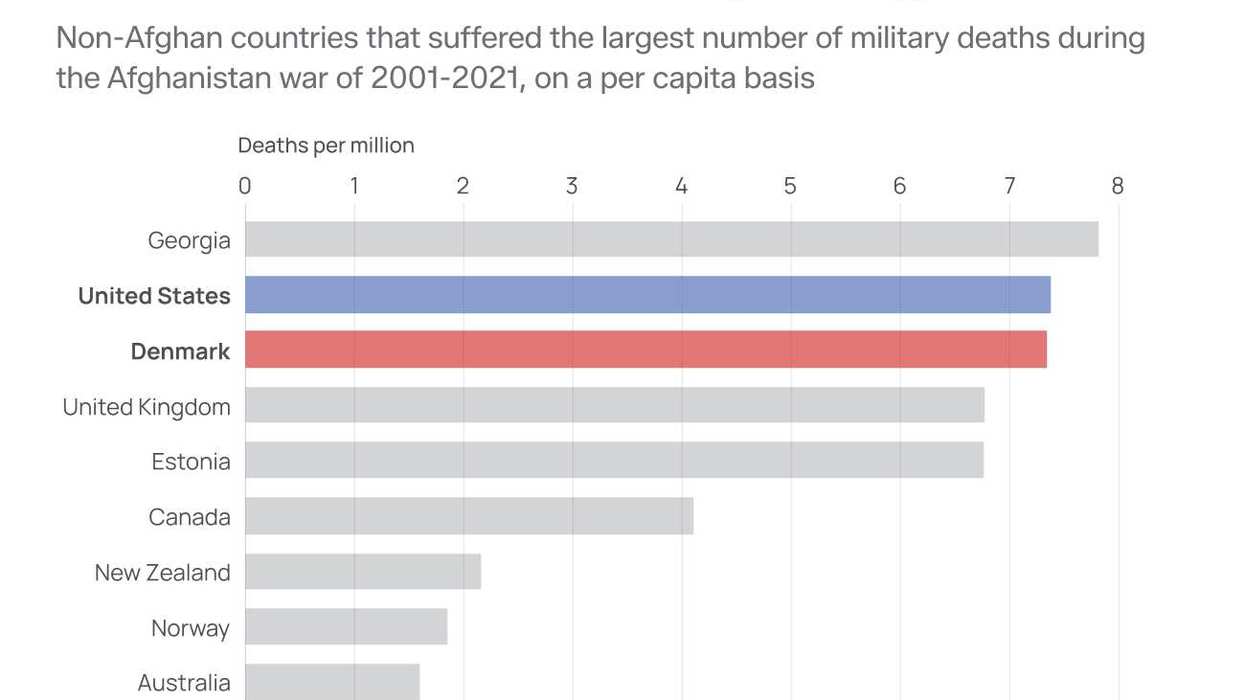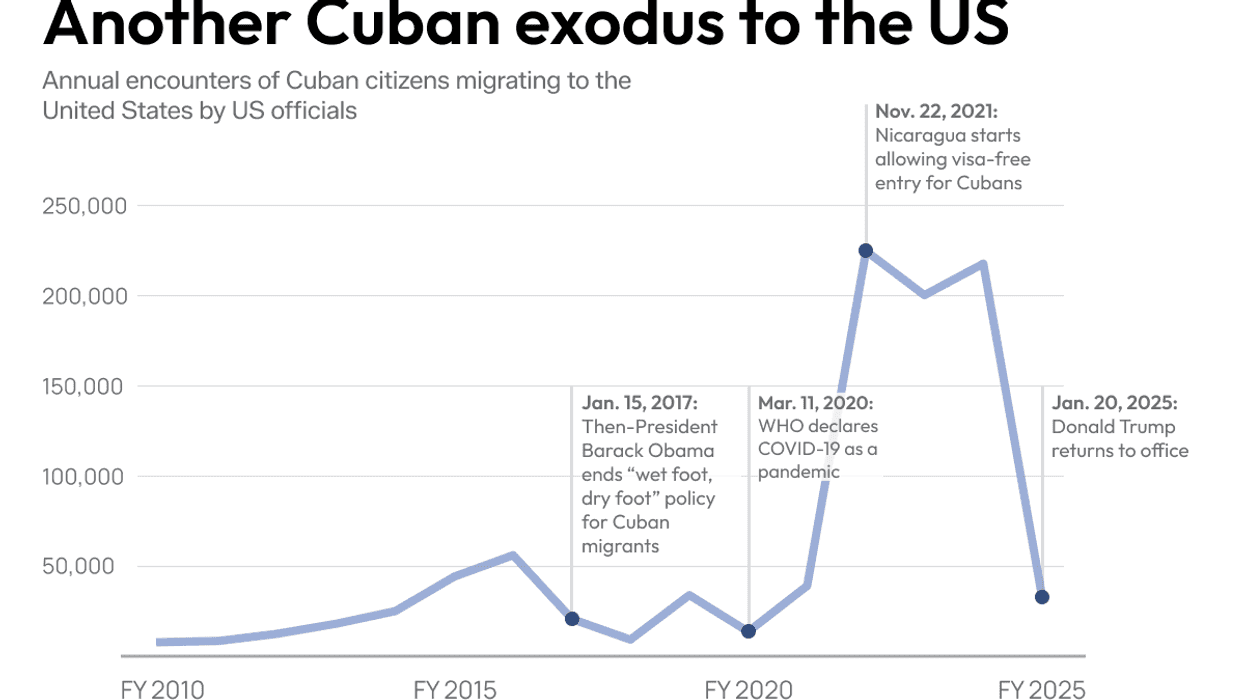The US House of Representatives has now gone 14 days without an elected speaker. After Republican Steve Scalise of Louisiana abandoned his bid due to lack of support, Jim Jordan of Ohio became the second Republican nominated in the past week to run for House speaker, beating Rep. Austin Scott, of Georgia, in a closed-door vote on Friday. Democrats, meanwhile, support House Minority Leader Hakeem Jeffries, of New York.
A vote may be held on Tuesday, but Jordan is not expected to have enough support to take the gavel. With Republicans deadlocked for two weeks, it now appears that moderates are seeking a bipartisan deal – one that Jeffries says would aim to prevent "extremists" from dictating the House agenda.
A group of centrist Democrats have also said they would support temporarily expanding the authority of Speaker Pro Tempore Patrick McHenry, R-N.C., which would allow the chamber to take up urgent bills, including government funding and foreign aid.
Whoever does end up with the gavel will find it difficult to get Congress to agree on a full-year funding deal, and failure to do so, according to the June debt limit agreement, will dictate set spending cuts.
"The only clear lesson of the speaker's race,” says Clayton Allen, US director for Eurasia Group, “is that the internal divisions within the Republican conference mean that whoever wins will be drastically limited in their ability to govern over the next 15 months. Jordan’s decision to push forward on a floor vote seems unlikely to succeed, but even if a more moderate choice ends up in the speaker's chair, Jordan's band of conservative backers will make it hard to negotiate a deal that avoids triggering the 1% across-the-board cuts next year.”


















